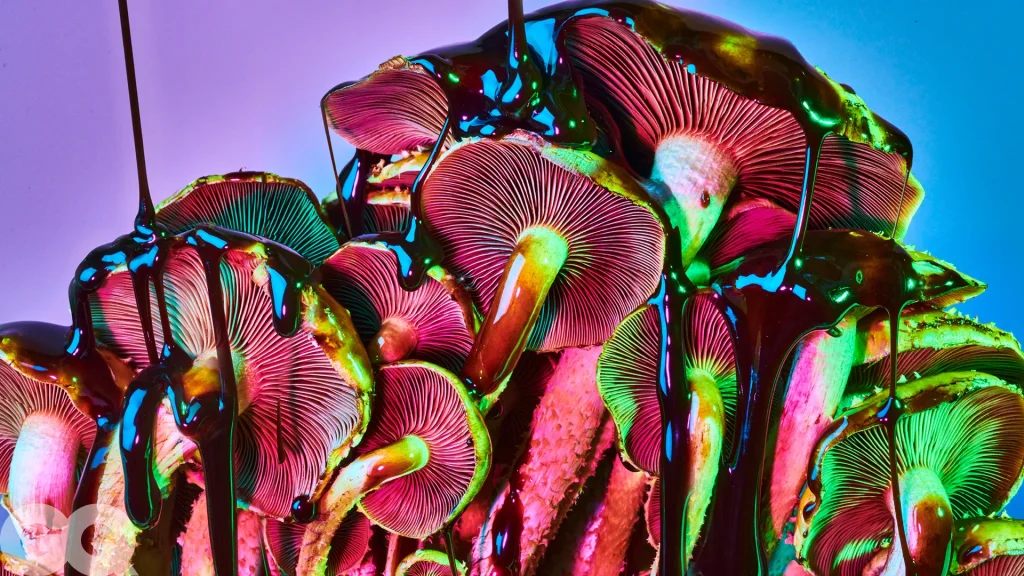Navigating the Mind How Psychedelic Mushrooms Are Redefining Therapy
In recent years, the narrative surrounding psychedelic mushrooms, particularly those containing psilocybin, has undergone a significant transformation. Once relegated to the fringes of both society and science, these substances are now at the forefront of a radical reevaluation of therapeutic practices. This shift, driven by pioneering research and changing societal attitudes, is redefining therapy, offering new hope and perspectives to those grappling with conditions often considered intractable by conventional treatments. Psychedelic mushrooms have been part of human culture and spiritual practices for thousands of years, but their journey into the realm of modern medicine is relatively recent. It was in the mid-20th century that researchers first began to explore psilocybin, the psychoactive compound found in these fungi, for its potential therapeutic benefits. However, political and cultural controversies in the 1960s led to stringent regulations, which significantly hampered further study. It was not until the early 21st century that the scientific community began to witness a renaissance in psychedelic research, thanks in part to a more open-minded approach to studying these substances and their effects on the human mind.

At the heart of this renaissance is a growing body of evidence suggesting that psilocybin therapy can offer profound benefits for individuals suffering from a range of mental health conditions, including depression, anxiety, and post-traumatic stress disorder PTSD. Unlike traditional pharmaceuticals, which often require daily intake and come with a host of side effects, shrooms near me psilocybin therapy typically involves a small number of guided sessions. These sessions can lead to significant and lasting improvements in well-being, as patients report experiencing profound insights and emotional release during their psychedelic journeys. One of the most compelling aspects of psilocybin therapy is its ability to induce what users describe as a mystical or transcendent experience. During these experiences, individuals often report a sense of unity and interconnectedness with the world around them, along with dissolution of the ego.
Researchers believe that this aspect of the psychedelic experience plays a crucial role in its therapeutic potential, as it can lead to shifts in perspective and lasting changes in mood, attitude, and behavior. Moreover, neuroimaging studies have shown that psilocybin significantly alters brain activity, promoting increased connectivity between different regions of the brain. This reorganization of brain networks is thought to be key to breaking the cycles of negative thought patterns and behaviors associated with conditions like depression. Despite the promise shown by psilocybin therapy, challenges remain. Legal and regulatory hurdles continue to limit access to these treatments, and there is still much to learn about the long-term effects and potential risks. Nonetheless, the ongoing research and growing acceptance of psychedelic mushrooms in the therapeutic context are undeniably redefining the landscape of mental health care.